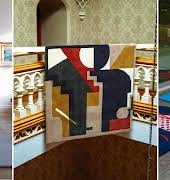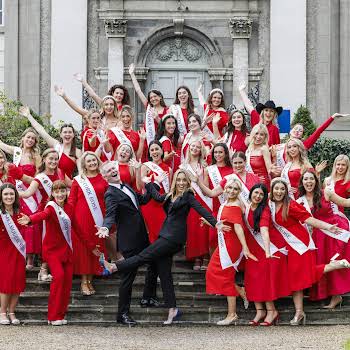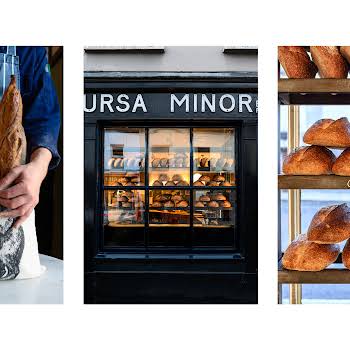
By Erin Lindsay
20th Aug 2018
20th Aug 2018
Today is CAO results day. The country’s hopeful students are being offered their places at third level education. It’s a day of panic, joy, excitement, confusion – everything is pretty overwhelming. One thing that students shouldn’t be scared into thinking about is whether their chosen course will get them a job in four years time.
The most popular courses are constantly changing, and this year’s statistics indicate a return to more ‘traditional’ subjects. Students are opting for degrees in areas like engineering, teaching, nursing, and construction-based subjects, while arts and humanities-based subjects have fallen in numbers. This is interesting, but not a cause for concern for the thousands of arts-bound students out there.
The language that is used in the reportage around this topic – namely, the Irish Times writing that “points for arts fall amid demand for jobs-friendly courses” – took me by surprise. What is a ‘job-friendly’ course when it’s at home?
There seems to be a widespread misconception about college degrees; that if you don’t get a job with the exact same name as your course, that it was some kind of a waste of time. You take law to become a lawyer; you study teaching to become a teacher; you study engineering to become… you get the idea. But there are so many more jobs that there are not courses named after. Nevermind the jobs that don’t even exist yet, that today’s college students will be employed to do in years to come.
Arts and humanities courses in college get a bad wrap in general; they’re often seen as four years of dossing, that students only choose so they can tick ‘going to college’ off the list. But there’s a reason they’re seen as the perfect option for students unsure of what they want to do career-wise. Arts courses offer choice – they offer the option to study a variety of subjects that might pique interests, and the freedom to roam between areas that aren’t as suitable. While this course may not correlate directly to a job like medicine, let’s face it – how many of us were laser-focused on the exact job we wanted for life when we were 18? My guess is few.
Creative college courses equip students for a multitude of real-world jobs; some of which they might not even be aware of yet. A degree in media, for example, gives students practical skills to work in anything from TV and radio production to PR to political communications. An English Literature course teaches critical thinking, how to communicate thoughts and ideas effectively and how to discuss and debate these ideas with others. While an arts degree’s benefits might not be immediately visible in its name, the world of options that it opens for a graduate is staggering. Many of us working here at IMAGE studied courses that didn’t have ‘content creation’ or ‘digital editing’ in its description – and yet here you are, reading our ramblings. Medicine and law will always be necessary professions – but imagine how grey the world would be without us arts graduates.
The importance of CAO day lies in the excitement of beginning a new chapter of life. You’re going to college! You’re about to embark on one of the biggest learning curves of your life and come out the other end an actual adult (if you’re lucky). You’re going to go to parties, argue with lecturers, make friends, lose friends, figure out what you want and what you don’t and make memories that you won’t be able to tell your grandkids. Today isn’t about how much you’re going to contribute to your pension every month in four years’ time.
Believe it or not, college isn’t all about getting a job and making money. It’s about the joy of learning, inside and outside of the lecture hall, and growing, evolving and finding yourself through life experience. But, for the record, if you are overly concerned about job prospects, then there’s still no need to fret. Critical thinking, creativity, problem-solving, public speaking and many other skills will all stand you in better stead with employers than a degree in an area you have no interest in. Best of luck!























